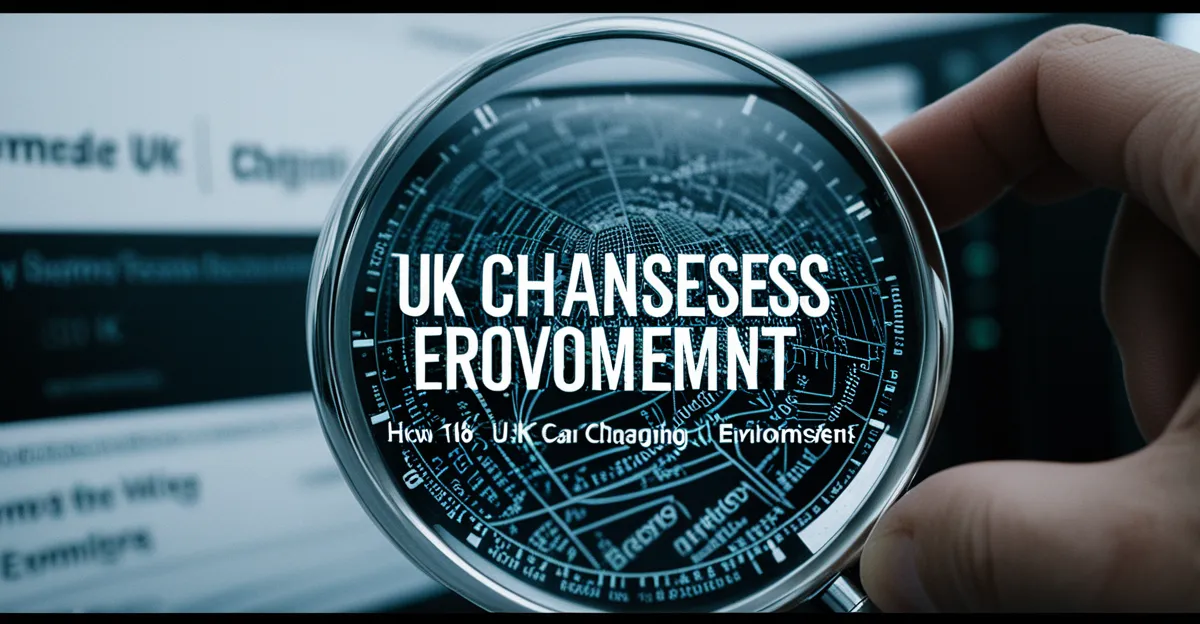Meeting the Demand for Regulatory Adaptation
Navigating the complex landscape of UK business compliance requires proactive engagement with the latest regulatory updates. The current environment is dynamic, with new laws and standards emerging rapidly, especially in areas such as data protection, environmental policy, and financial regulations. Businesses must not only understand these changes but also adapt to new regulations quickly to avoid penalties and operational disruptions.
An immediate and critical step for organisations is to conduct thorough compliance audits to identify gaps relative to recent regulatory updates. This process involves reviewing internal policies, operational procedures, and documentation to ensure alignment with current legal requirements. Implementing a structured framework for ongoing monitoring of regulatory changes is essential to maintain compliance over time.
Have you seen this : How Can UK Businesses Navigate New Trade Agreements?
Adapting to new regulations presents several challenges. Among these, managing resource constraints while updating internal processes is a primary concern. There is also the risk associated with incomplete understanding or misinterpretation of evolving legislation, which can lead to inadvertent non-compliance. Organisational risk is heightened in areas such as data privacy, where breaches can result in significant financial and reputational damage.
To mitigate these risks, businesses should prioritise clear communication channels that keep teams informed of regulatory developments. Embedding flexibility into compliance strategies allows organisations to pivot swiftly as regulations evolve. Overall, effective adaptation demands a holistic approach combining education, technology, and strategic planning focused on staying abreast of all relevant regulatory updates affecting UK businesses.
Also to discover : What Are Emerging Economic Opportunities in the UK Business Landscape?
Key Regulatory Changes Impacting UK Businesses
Understanding recent UK legislation updates is crucial for businesses striving to maintain compliance amid shifting laws. Since Brexit, regulatory adaptations have introduced new complexities, requiring organisations to monitor the Brexit regulatory impact carefully. For example, changes in trade restrictions, customs protocols, and product standards demand businesses revise their operations to adhere to evolving business regulations in 2024.
Environmental, Social, and Governance (ESG) requirements have become increasingly prominent. Companies face stricter regulations designed to promote sustainability and ethical practices. These include mandatory reporting on carbon emissions, waste management, and social responsibility, influencing strategic decision-making across sectors.
Furthermore, updates to data protection and privacy laws have heightened obligations around the handling of personal information. With increased enforcement of regulations modeled on GDPR, UK businesses must ensure data processing procedures are transparent, secure, and compliant. Failure to adapt to these rules risks significant penalties and reputational harm.
In sum, staying informed about these significant legislative changes enables organisations to anticipate compliance challenges. Proactive adaptation supports not only legal adherence but also fosters trust with clients, partners, and regulators amid ongoing regulatory evolution.









